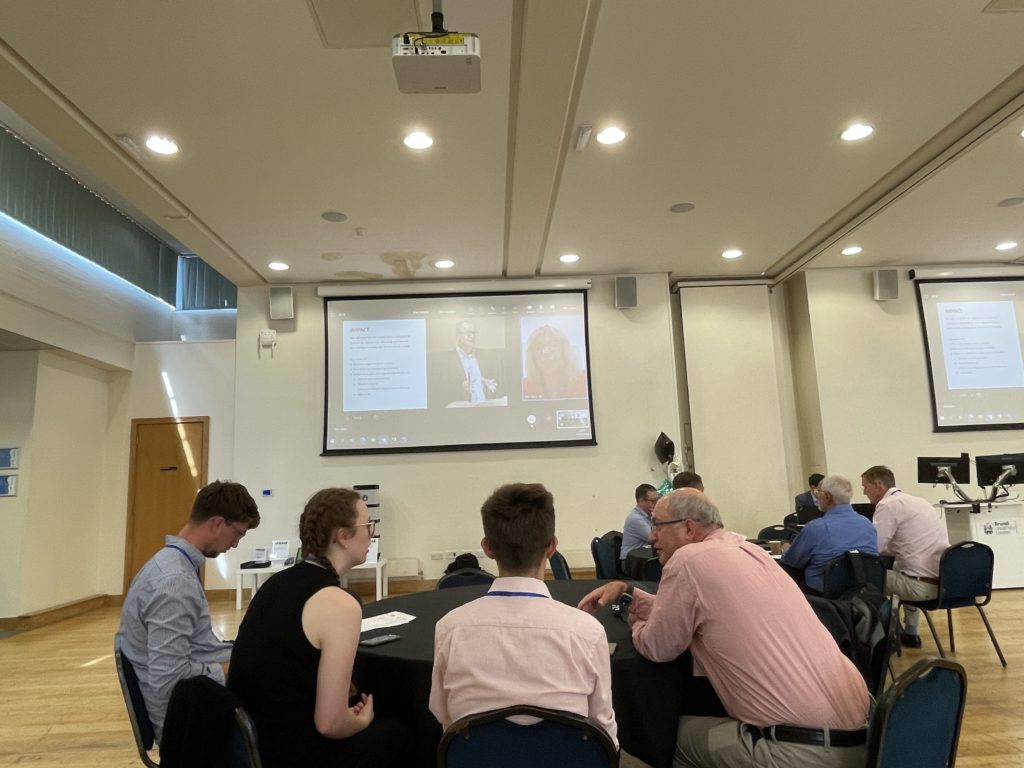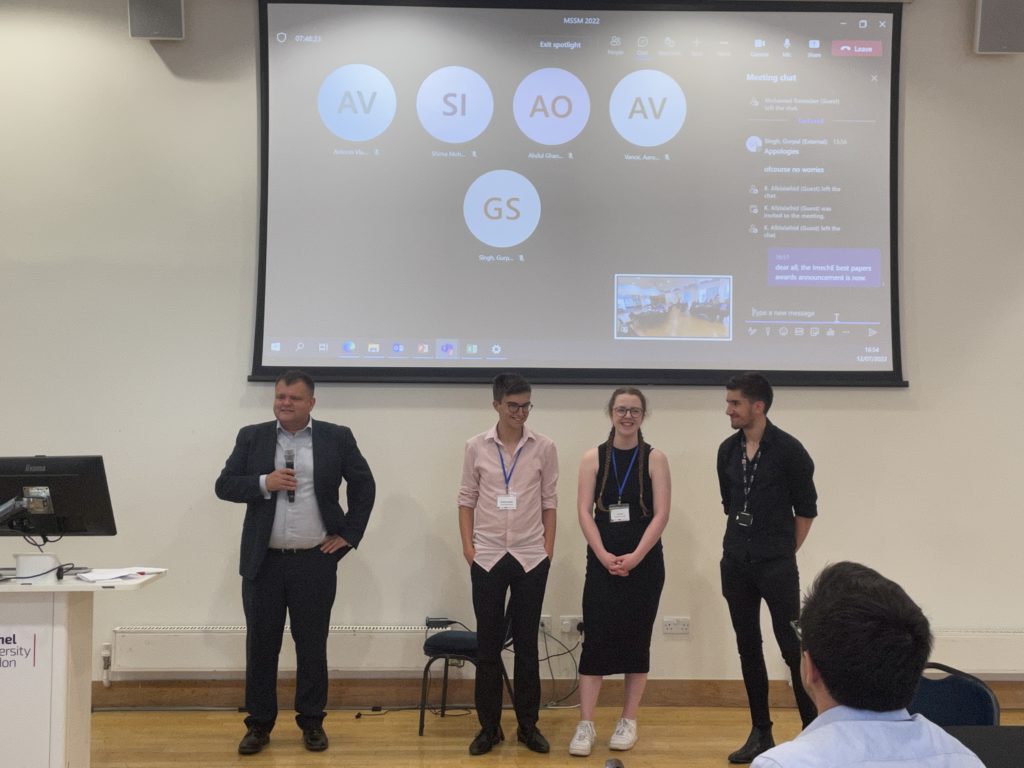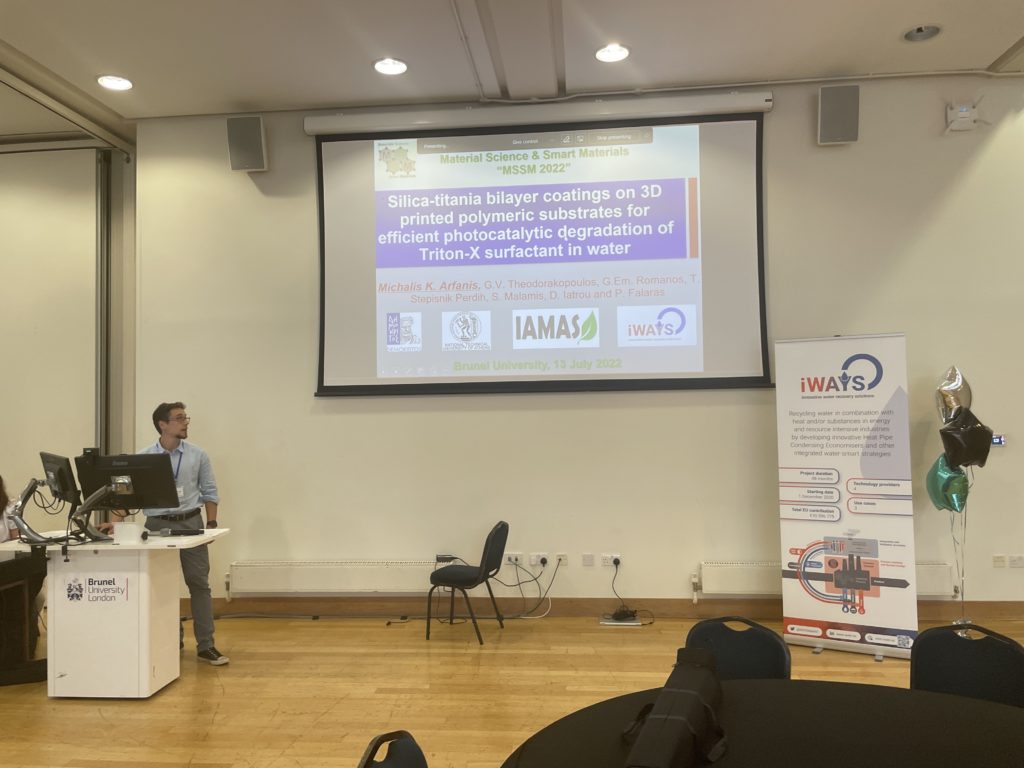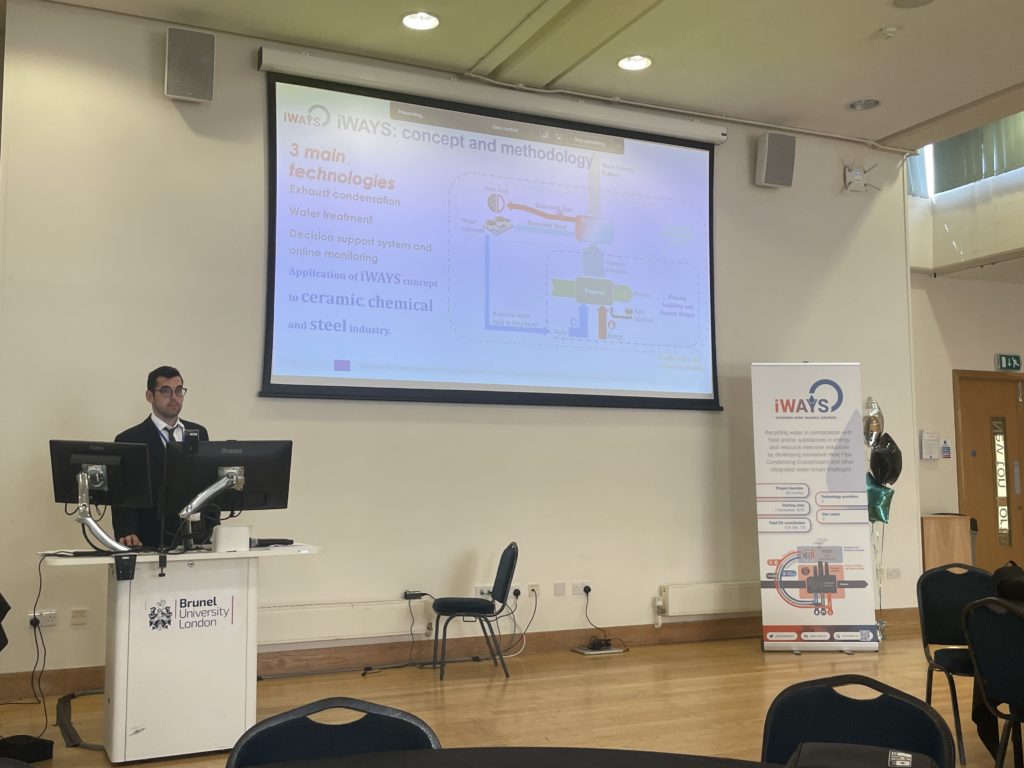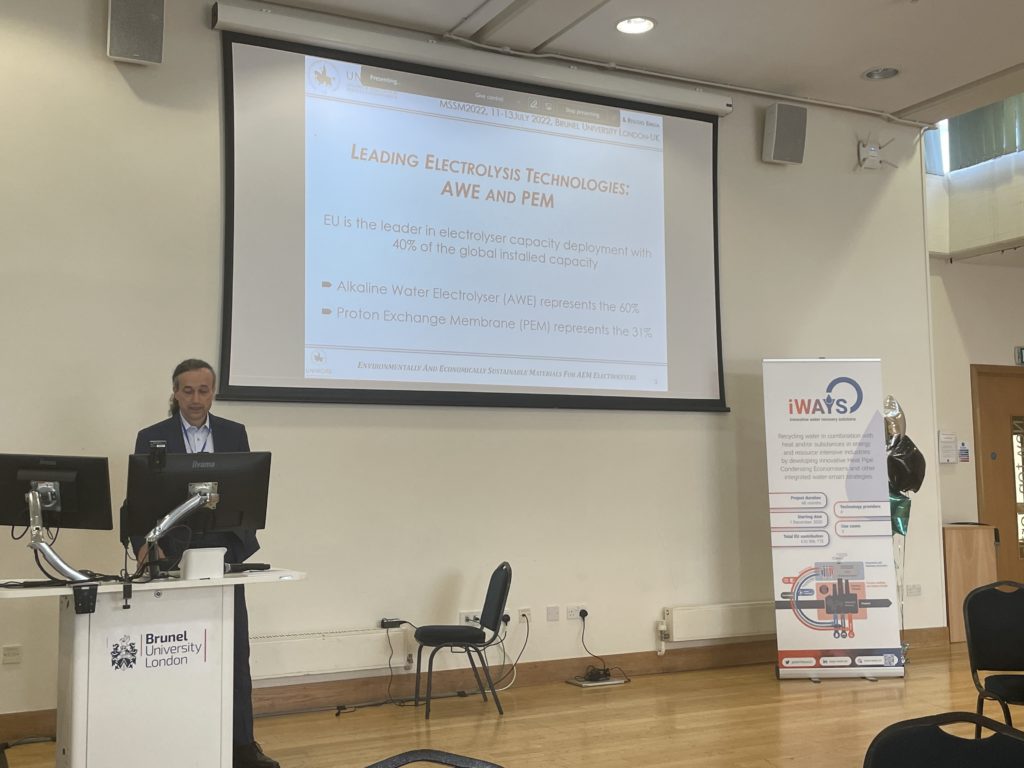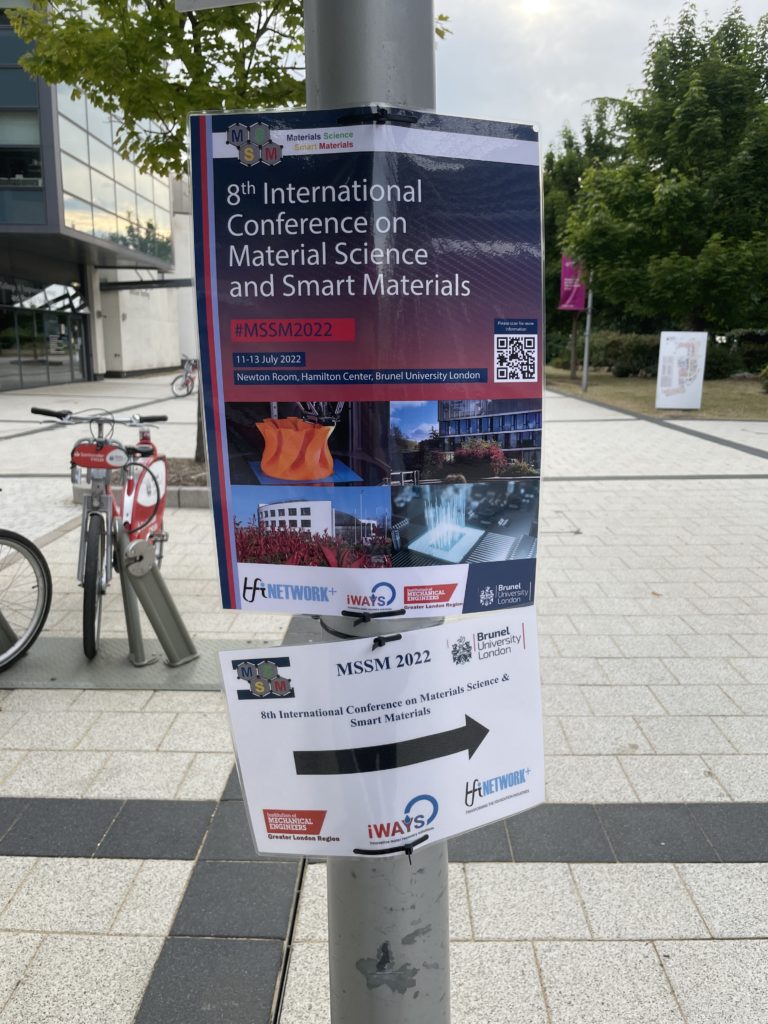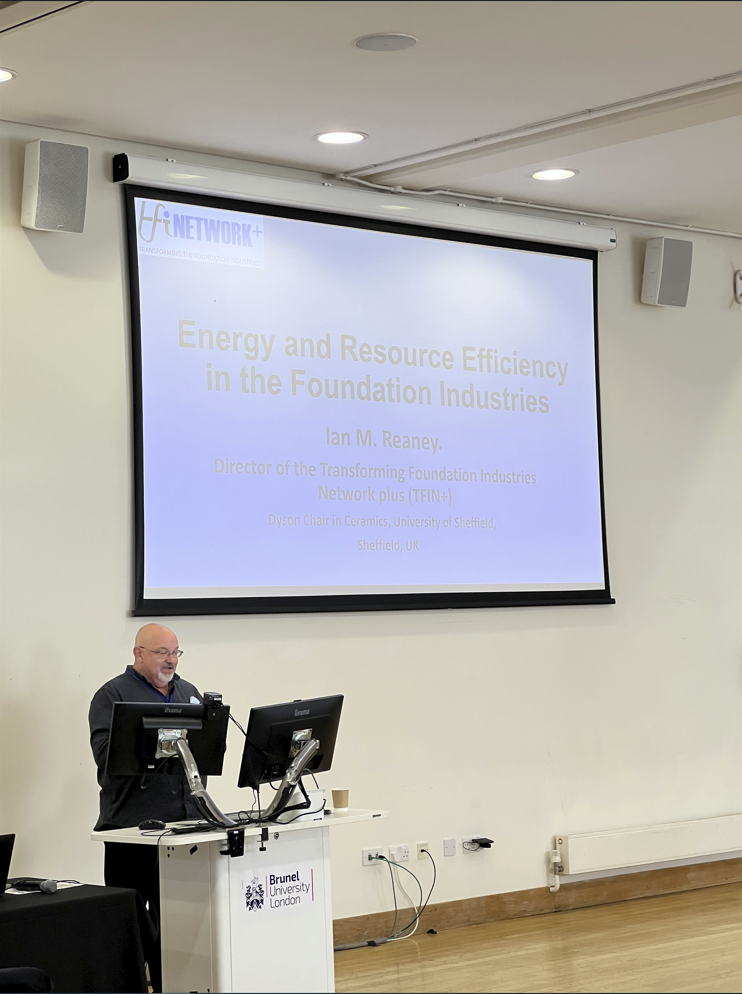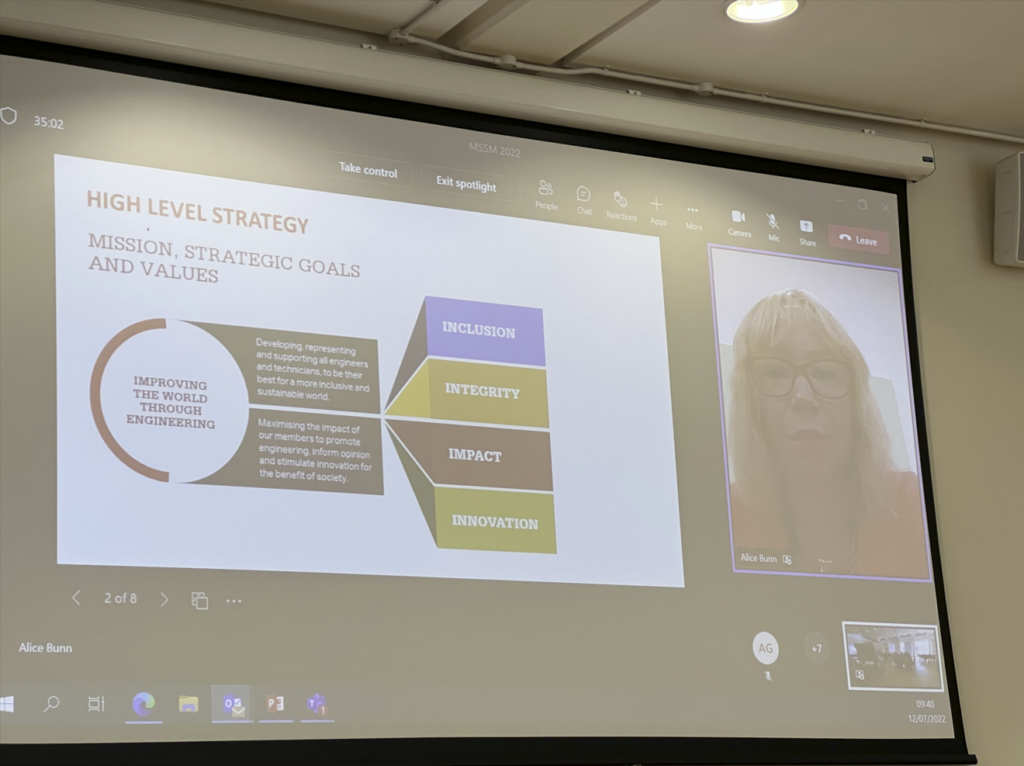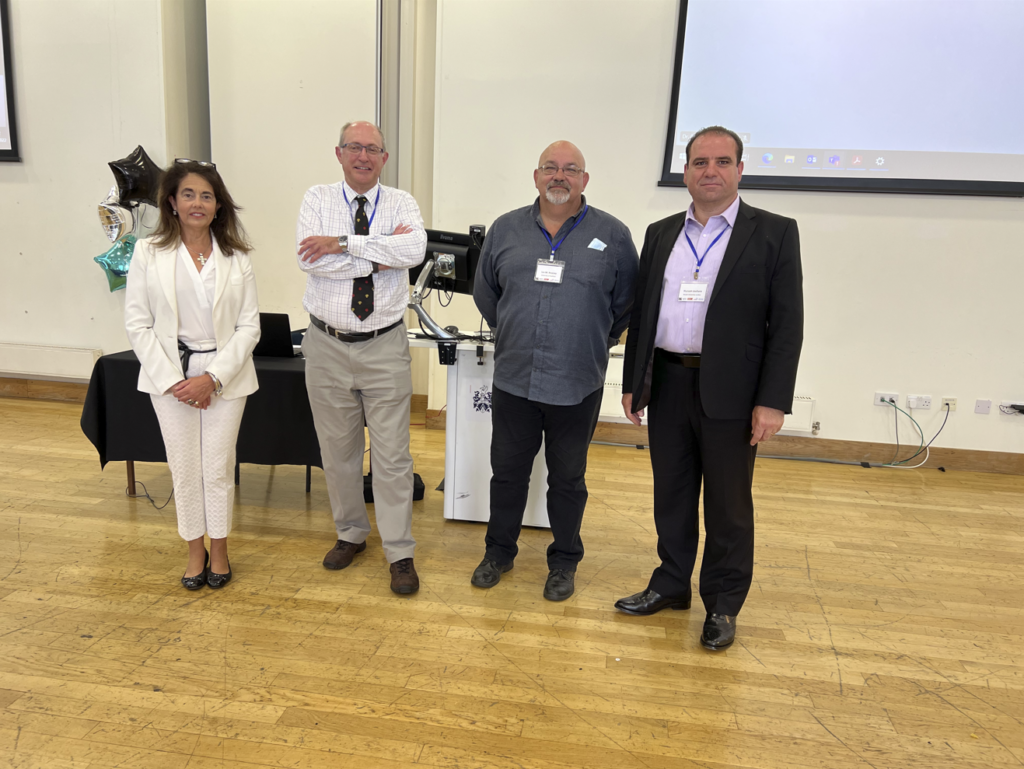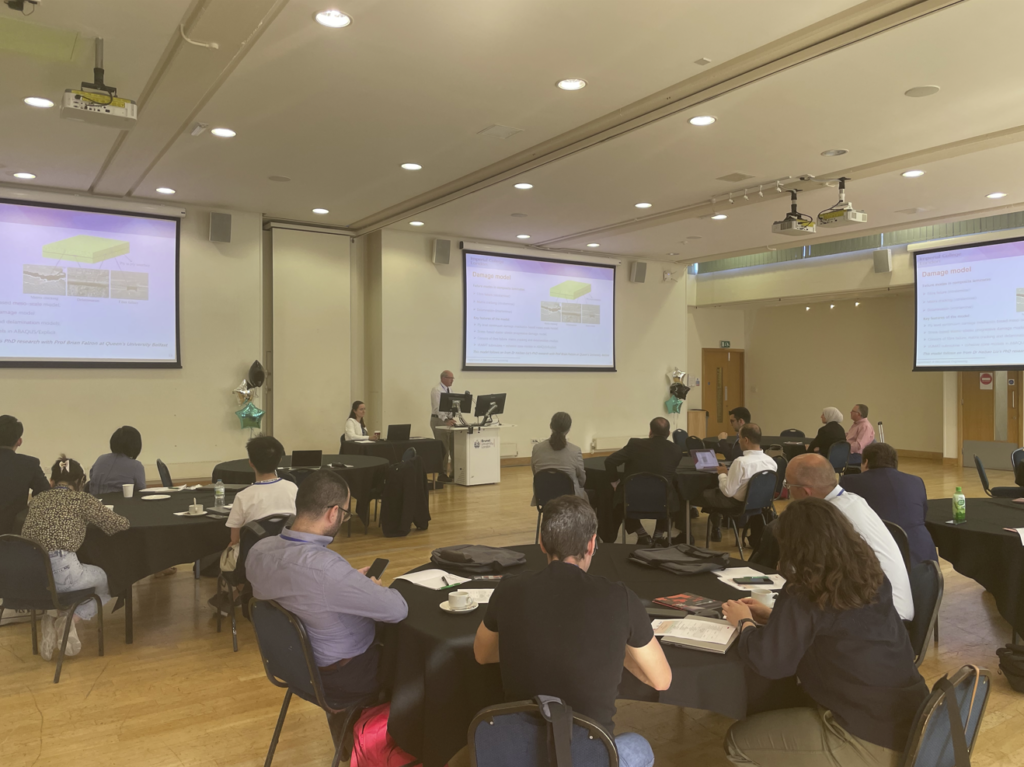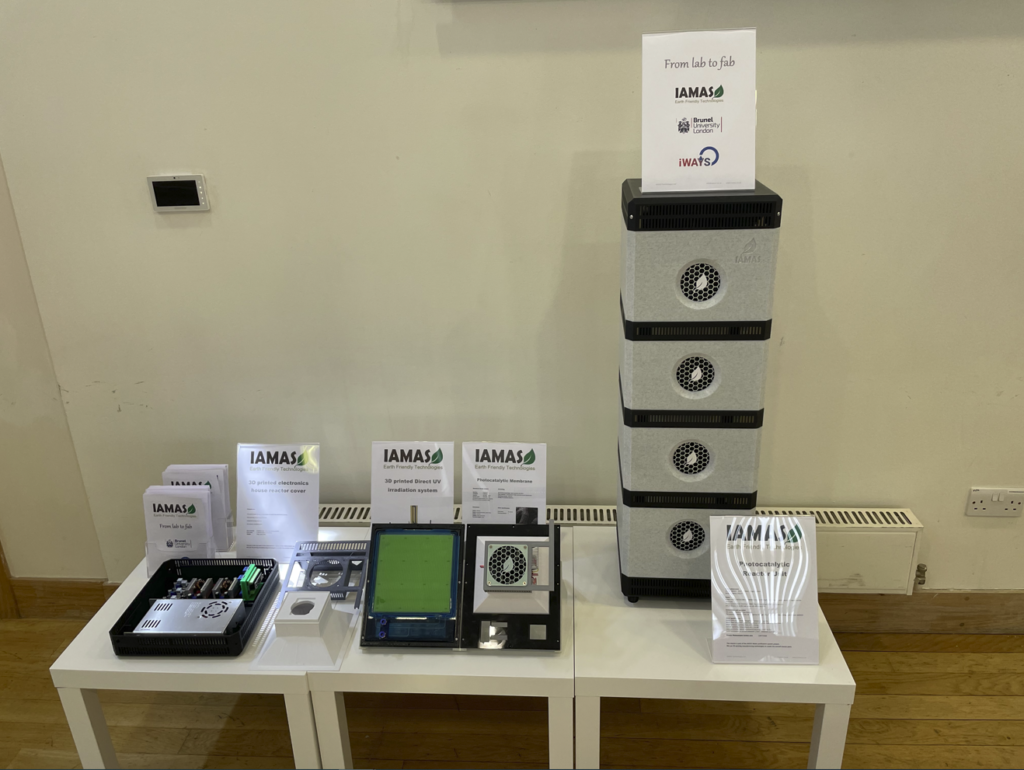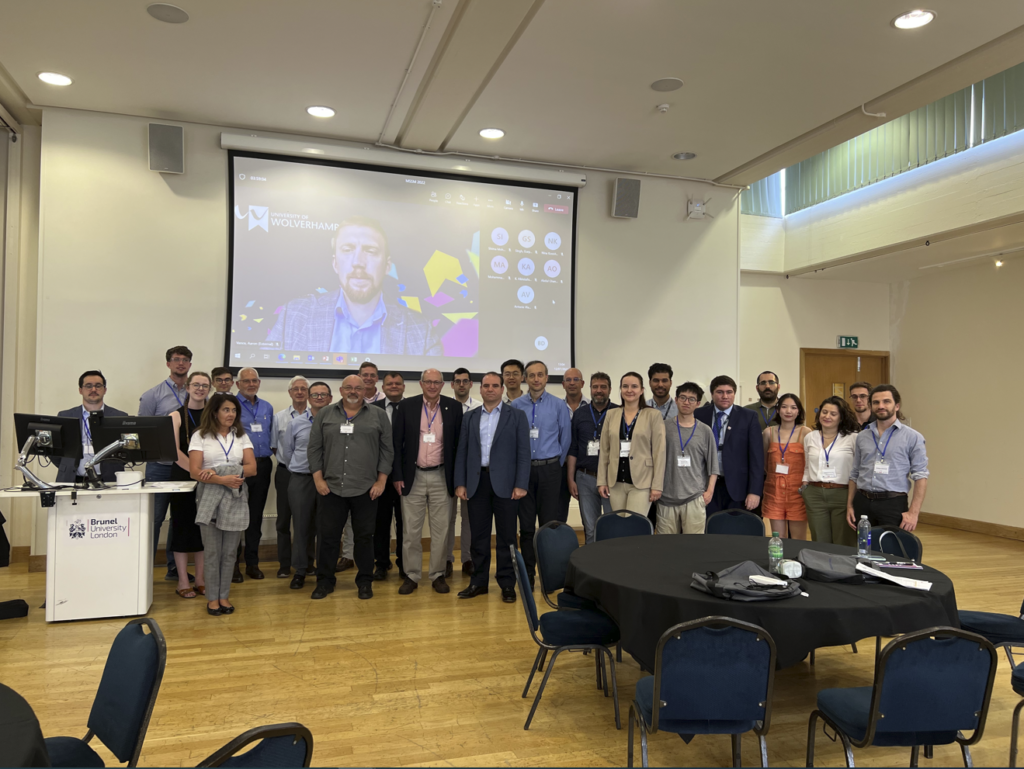Researchers and practitioners in material science, including from the iWAYS project, gathered at the 8th International Conference on Materials Science and Smart Materials – MSSM 2022, in London to share their latest research and insights into sustainable smart material development.
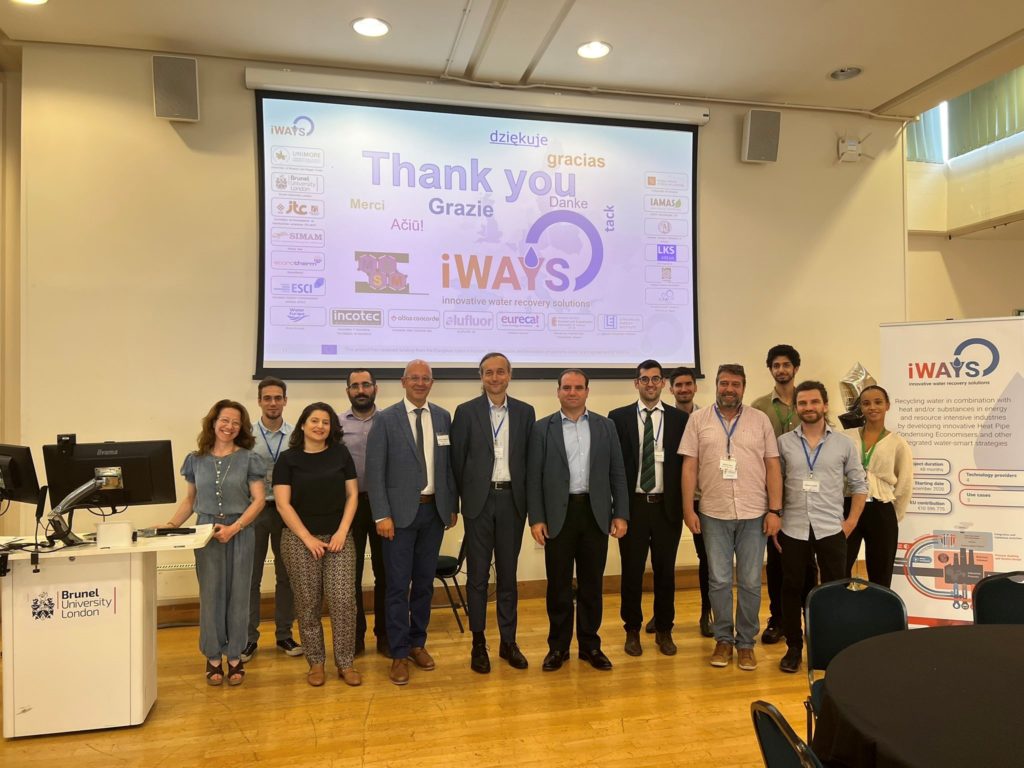
What is Material Science? It sounds quite self-explanatory at first glance: a science that covers the design and discovery of new materials. But behind this elegant definition is a very broad and interdisciplinary field of research that lies at the foundation of a lot of the innovation happening today: “it is estimated that 70% of the innovation in the world is related with materials. So if this is true, there is no innovation without materials, we can’t live without it. So they are tremendously important, and I think they will become much, much more so in future” – says participant Prof. Paula Vilarinho, President of the Portuguese Society of Materials.
The 8th International Conference on Materials Science and Smart Materials – MSSM 2022 brought together researchers and practitioners from around the world to Brunel University, London on the 11-13th July. Here they presented and discussed their latest research on smart materials and the potential transformative effect they can have in the so called “foundation industries” which are metals, ceramics, glass, chemicals, paper and cement. “Material science is essentially the development of improved properties of functional materials like concrete or metal. We often don’t understand that things have properties. What are the key properties of a brick for example? It needs to be solid, of a certain color, able to resist massive compressive stress etc…. so you can view every material as having a property that needs to be improved or maintained if it’s an industry” – said Prof. Ian M. Reaney director of the TFI Network+ and co-chair of the conference.
Today approximately 75% of the materials we see around us come from the foundation industries, however, according to research in the UK, they account for 10% of CO2 emissions, so there is a lot of pressure to find ways to make these industries more sustainable. It is a big challenge, partly because of the large financial investments needed to update and upscale such long established industries and, partly due to a certain propensity for “silo thinking”. This is what events like MSSM2022 seeks to change, as John Deer Professor of Mechanical Engineering at Imperial College London and keynote speaker said: “one of the things that you do tend to get is a bit typecast. I tend to go to the composites materials meetings, I know all the people there, they know me, and of then of course it’s a little bit self-generating. You’re in a very small community so it’s always good to come out of your shell a bit and come to a meeting where you’re going to meet different people and be exposed to different research activities.”
It is not only conferences like MSSM 2022 that foster multidisciplinary approaches, it is also international co-operation projects like the EU funded iWAYS project – a project that brings together 19 partners from across Europe. The iWAYS symposium at MSSM 2022 enabled several partners of the project to share with the conference attendees their scientific contributions to waste-water purification and materials recovery in industrial processes. “We are happy that our partners had the opportunity to showcase some of their latest research at MSSM: from IAMAS water purification tools that harness UV light to environmentally and economically sustainable materials for AEM electrolysers developed at UNIMORE, the iWAYS project really benefits from a diverse range of expertise from different countries brought together by European cooperation programmes like Horizon 2020” said Professor Hussam Jouhara, technical director of the iWAYS project and co-chair of the MSSM conference.
Events like MSSM2022 as well as large cooperation projects like iWAYS help to broaden researchers’ perspectives and foster new symbiotic and multidisciplinary approaches which is regarded by many as a must if we want to come up with new sustainable ways of innovating our industries. In fact, another new opportunity for sharing research is already on the horizon, this time in the field of sustainable energy with the 14th International Conference On Sustainable Energy & Environmental Protection – SEEP2022. Representatives of the iWAYS project will also be there in the frame of the 2nd Symposium “Energy and Water Efficiency in Industrial Processes”.
Visit https://seepconference.com/ for more information.
